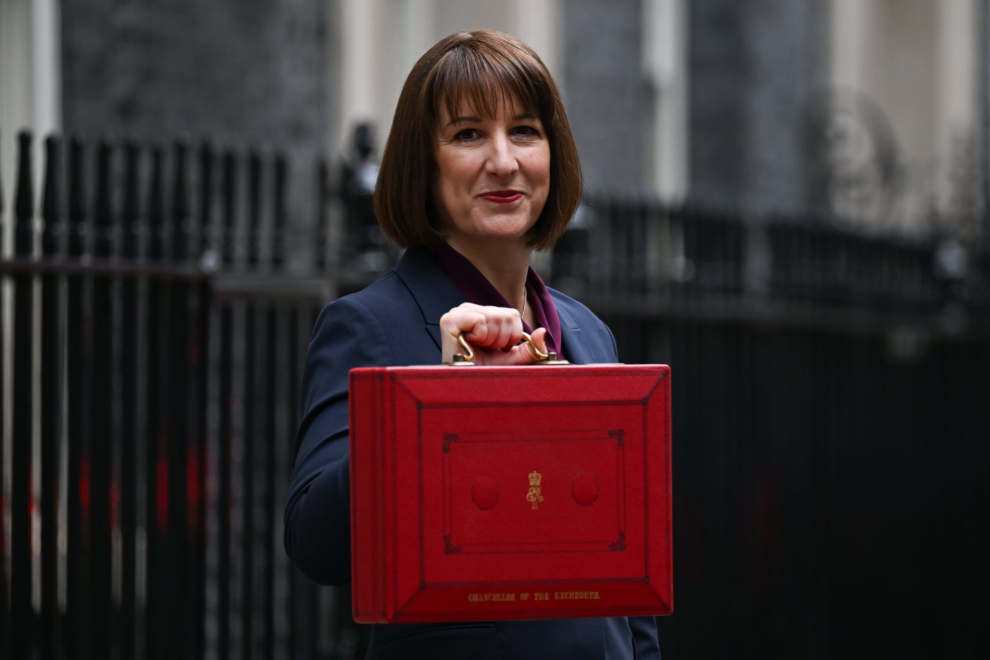CHANCELLOR Rachel Reeves presented the UK Budget on Wednesday, unveiling an additional £1.7bn in funding for the Welsh Government next April. This increase, she described as “the largest real-terms funding boost since devolution,” will support key areas including schools, housing, health, social care, and transport.
In addition to the primary funding, the Chancellor announced a £25m allocation for coal tip maintenance and safety in Wales. This move comes after Welsh Finance Secretary Mark Drakeford highlighted the need for UK Treasury intervention, citing over 2,500 coal tips across Wales, with 360 categorized as high-risk.
The Budget also confirmed UK government backing for two electrolytic hydrogen projects in Milford Haven and Bridgend, aimed at advancing low-carbon hydrogen production in Wales. Welsh Secretary Jo Stevens remarked on the significance of collaborative efforts between UK and Welsh governments, noting the Budget’s potential to drive substantial regional development.
Reactions to the Budget varied widely. Welsh Conservatives labelled it a “smash and grab Budget,” warning of potential harm, while Plaid Cymru criticized it for lacking “transformative change.”
Analysis: Will £1.7bn meet Wales’ needs?
While the funding is substantial, Welsh ministers face challenges in addressing rising NHS waiting lists—a pressing priority given the record-high backlog. Last year, the Welsh Government redirected over £400m to the health sector, necessitating cuts elsewhere. Local councils are also bracing for a £559m shortfall in the coming financial year, adding pressure to the allocation of these funds.
Despite the Budget’s provisions, opposition parties are raising concerns. They argue that National Insurance increases could harm small businesses, and proposed inheritance tax reforms may pose challenges for family-run farms in Wales.
Additional measures
- Minimum wage increase: Rising to £12.21 per hour next year, as announced earlier in the week.
- Ongoing negotiations: The Welsh Government hopes to secure further coal tip safety funding.
This Budget marks a critical phase for Welsh governance, with both opportunities and challenges ahead.
Conservative MS, Samuel Kurtz said “This Budget brings devastating tax rises that will hit businesses and individuals across west Wales hard.
“With £25 billion in new taxes for businesses, economic growth will be stifled. The economy is now only forecast to grow by 1.5% by the end of the decade—lower than under the previous Conservative Government.
“Our farmers also find themselves under Labour’s axe as they slash Agricultural Property Relief, putting thousands of family farms at risk.
“Coupled with cuts to the Winter Fuel Allowance for thousands of pensioners, this Budget is deeply damaging and exposes Labour’s broken promises from the General Election.”
Responding to the publication of the UK Government budget, Welsh Liberal Democrat Deputy Leader David Chadwick MP said: “This budget fails to offer an ambitious vision for Wales that would mark a long-term investment in its future, it punishes small businesses and will be a disaster for family farms.
“Labour has failed to deliver the billions owed to Wales from HS2, yet constituents like mine are facing deep cuts in their rail services.
“Meanwhile, the Chancellor has chosen to increase taxation for the small businesses that are the lifeblood of the Welsh economy instead of taking aim at the enormous profits of the banks, oil and gas giants and big tech.
“The Chancellors Family Farm Tax risks being a death knell for local farmers who have already faced attacks on their livelihoods by the Welsh Labour Government, who have shown time and time again they have no understanding of the rural economy or the work that goes into making sure the public have food on their plates.”
















